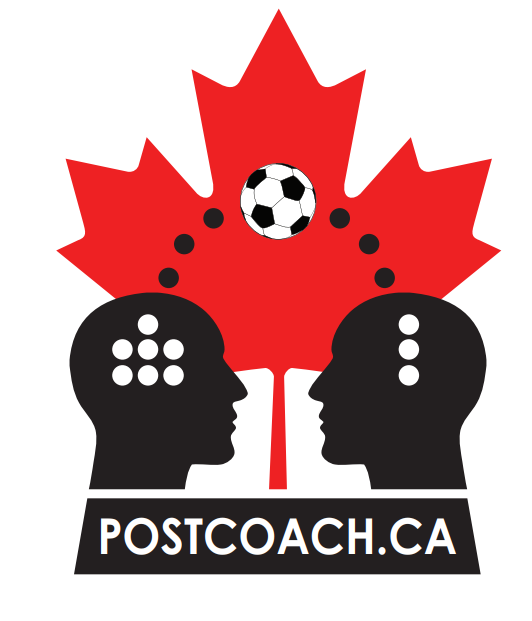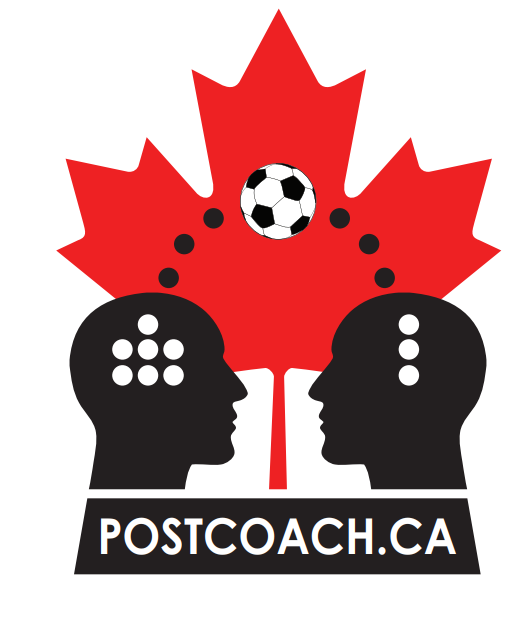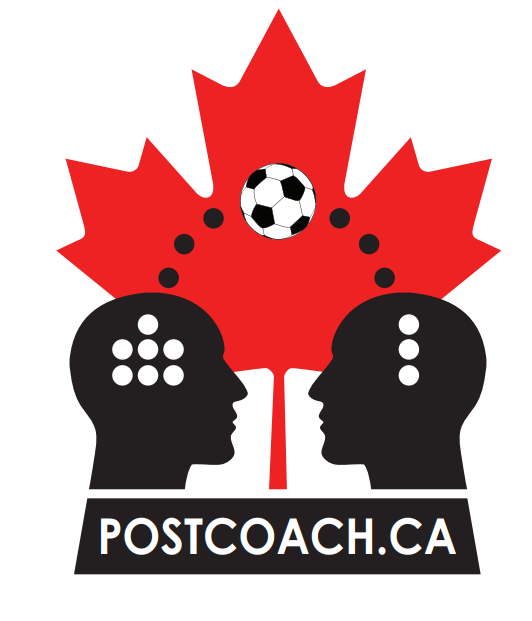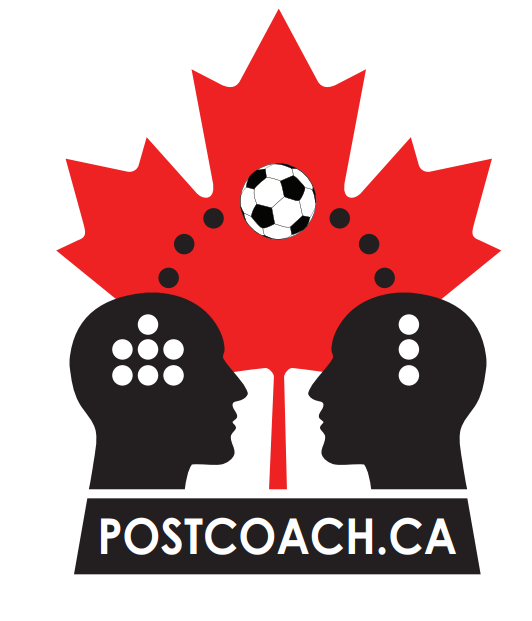8 Practices That May Help To Improve Your Coaching
The following post is courtesy of Dan Abrahams a Sport Psychologist from his LinkedIn post March 9, 2022 – Dan Abrahams Sport Psychology Ltd. For the original post or to learn more about Dan please go to: https://www.linkedin.com/posts/dan-abrahams-b72a306_8-practices-that-may-help-to-improve-your-activity-6907243053657264129-2Eog/.
8 practices that may help to improve your coaching:
1. Reflect – what went well in the session? What could have gone better? What can you incorporate next time? Were your players learning? What might your players have said about the session? What inner narrative did they leave with? What might your biggest supporter have said? What about your biggest critic?
2. Read widely – not just about your sport and not just about sport. Not just about coaching but on every component of the game. Don’t read passively – write notes and consider in what ways the content you’re reading applies to you, your coaching, your sport. With that in mind read with a flexible scepticism – remember, just because it sounds cool doesn’t mean it’s relevant to your context or relevant to you.
Link what you read. So in sport psychology mental skills can link with motivation which can link with behaviour management which can link with optimal environments and so on. Sense-make to be able to sense-give!
3. Read scientific journals – battle through the ludicrous style and pompous prose…because ‘there be gold in them there sentences, Squire.’
4. Get a mentor – this is someone who knows more about your sport or about coaching than you. Someone in your sport (but don’t discount someone in another sport.) Ask your mentor to watch you coach and provide honest feedback. You can guarantee they’ll tell you something you’re doing that’s sub-optimal that you haven’t been aware of. If they have nothing to say after watching you then get a different mentor.
5. Get a coach (if you can) – coaching is different to mentoring. A coach may have no knowledge of your sport but has the linguistic tools to help you progress and perform, and can help you get where you want to go.
6. Uncover best practice – speak to other coaches within your sport or from other sports. Discuss and debate. Steal what you feel is applicable to you, and give to others where you can. On that basis don’t be scared to give your stuff away – it probably ain’t that good anyway (and if you think it is, it likely won’t be soon!)
7. Engage in mini experiments – try something new in every coaching session. This might be as big as a new activity or new approach within an activity. Or it might be as small as a form of communication or a mini behavior you feel might positively influence. Then reflect and analyze, stick or twist!
8. Put (bio)psycho-social first! Not because it’s more important than the technical, tactical or physical components, but because it drives these (and yes, of course it’s driven by them too – it’s a two-way thing!) Start making sense of (bio)psychosocial by sitting down and writing your (bio)psychosocial plan. I bet you find it difficult! No bother – crack on regardless and start filling your page with wisdom-gained and gems-aplenty.
And so there’s your 8. Sorry, no magic dust included!


About Dan Abrahams
Dan Abrahams is a registered sport psychologist. He is also an author, podcaster, and blogger.
He is a consultant psychologist for elite (and developing elite) sports individuals, teams, clubs, organisations and governing bodies globally.
He is the author of four bestselling sport psychology books: Soccer Tough, Soccer Tough II, Soccer Brain and Golf Tough.
He has held senior psychology positions in several sports including Lead Psychologist for England Golf (2013-2016) and to England Rugby (2017-2018).
His passion is to de-mystify sport and performance psychology by creating and delivering simple techniques to sporting populations.
As a former professional golfer who struggled around the satellite tours in Europe he knows what it’s like to strive to succeed in a highly competitive world and to compete under pressure. He holds a first class honours degree in psychology and masters degree in sport psychology. He is HCPC registered meaning he is legally ‘safe’ to practice as a psychologist.
In golf he held the position of Lead Psychologist for England Golf and helped shape the future of golf psychology in England. He continues to work with golf professionals and leading amateurs globally.
He is a leader in the field of soccer psychology and has consulted (and held contracts) with a number of Premier League teams. He also works with a range of soccer individuals, clubs, governing bodies and national associations worldwide and is an in-demand speaker at a number of events globally.
In March 2017 he opened the Dan Abrahams Soccer Academy – an online membership site for players, coaches and parents to work together on the mental side of the game. It currently supports a number of clubs, College programmes and Academies with their psychological support.
In September 2018 he started a podcast called “The Sport Psych Show.” This has rapidly become one of the world’s most listened to sport psychology podcasts.



